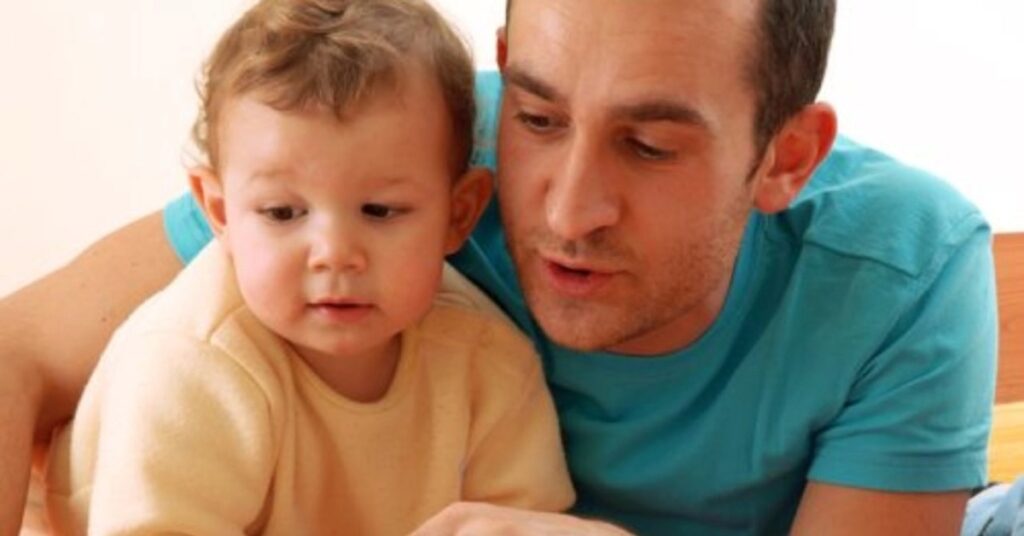Navigating post-divorce life as a father is a unique challenge. One that often involves looking out for the emotional well-being of not just yourself, but your child. Understanding that the dynamics have shifted and that your influence is now even more crucial can be daunting, but with the right guidance, you can provide your child with the stability and support they need. Here’s how you can support one small child after a divorce. Read on.
Foster a Communication-Rich Environment
Divorce disrupts the life children know and trust. It’s crucial to create an environment where your child feels comfortable sharing their thoughts. This requires active listening on your part. Ask open-ended questions be prepared to hear your child’s concerns and adapt your communication style to the stage they’re at. In the immediate aftermath, your child may struggle to articulate their feelings.
They may appear fine on the surface but may be dealing with complex emotions underneath. Be their emotional sounding board without judgment, and over time, they may open up more willingly. Remember, the mantra is consistency. The more they see that you’re there and available to talk, the quicker they’ll open up.
Establish a New Routine together
Children thrive on routine and predictability. It gives them a sense of security amid the uncertainty that a divorce brings. Work with your ex-partner to establish consistent living arrangements and schedules for parenting time. If that’s not possible, then focus on creating predictability within your parenting time.
This new routine should reflect your changed family dynamics, with new traditions and activities that your child can look forward to. While it may not replicate your previous day-to-day life, it’ll provide a sense of normalcy amid change. It’s important to follow legal arrangements to avoid any issues.
Be Present, Mindful, and Patient
When navigating the complexities of post-divorce life, it’s easy to get caught up in your struggles. However, it’s vital to be present for your child. Spend quality time together focusing on activities that they enjoy. Whether it’s playing a video game, reading a book, or building a fort, these shared experiences will foster a deep connection. Being mindful in these moments means putting away distractions and giving your full attention.
Patience is key as well. There will be moments of acting out or regression. Understand that this is part of the coping process. By remaining patient and supportive, you’re teaching your child that they are loved and valued no matter what.
Support Positive Coping Mechanisms
Encourage your child to express their feelings constructively. This could be through art, writing, or even play. Find a healthy outlet that works for them. If you notice worrying signs, such as withdrawing from activities or friends, it may be time to seek professional help.
Modeling positive coping mechanisms for your child can also be beneficial. Whether it’s talking to a friend, going for a run, or practicing mindfulness, showing them how you manage stress can be a powerful teaching moment. Click for child support attorneys and get the help that you need.
Keep a One Small Child Protected
In conclusion, the key to supporting your one small child after a divorce is clear lines of communication, establishing new routines, being present, and encouraging positive coping mechanisms. By taking these steps, you can make the post-divorce transition smoother for your child and yourself.
Remember, you’re not alone in this; seek support from family, friends, and professionals if you need it, and create a strong support network for both you and your child. If you want to read more articles, visit our blog.


